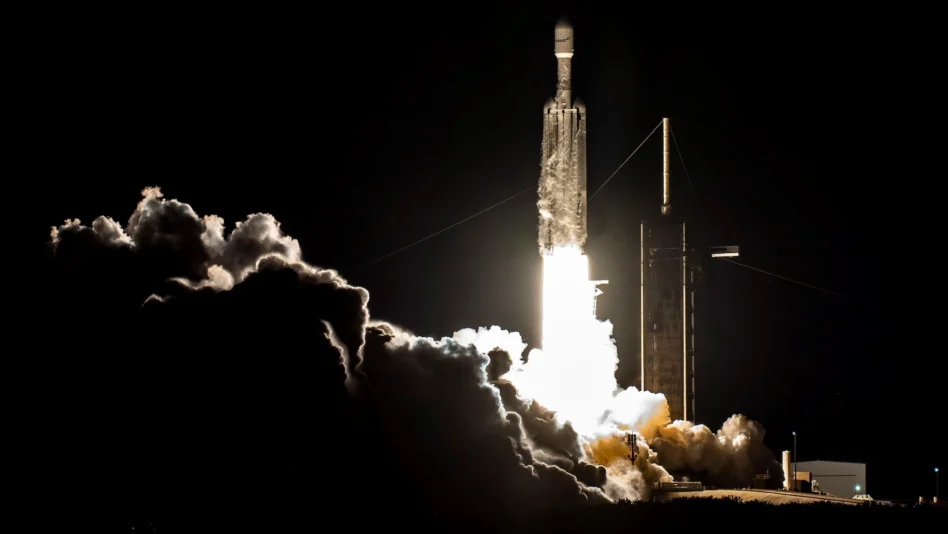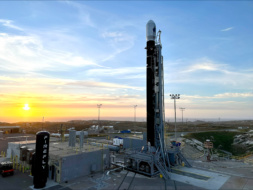The FAA is establishing a new committee to improve its launch licensing requirements after industry officials complained that the agency’s 2021 update made life more difficult.
“We understand that Part 450 was developed very quickly and we are all learning together as we go along,” Kelvin Coleman, space chief at the FAA, said Wednesday at the agency’s Commercial Space Transportation Conference, co-hosted by the Commercial Spaceflight Federation.
Coleman highlighted some specific areas where the committee will focus, including how to approach licensing for reentry and hybrid vehicles as well as developing an alternative licensing process for vehicles still in the test phase. He also said the panel will seek feedback and input from industry.
Background: In 2021, the FAA combined four separate regulations into a new Part 450 that lays out the framework for issuing licenses for launch and reentry missions, evaluating public safety risks, and approving operations that will not pose a risk to the general public Legacy licenses will need to be in compliance with the new rules by March 2026.
The new rules are seen as a change from prescriptive to performance-based licensing and safety benchmarks in an effort to give launch operators more flexibility, Coleman said.
Industry input: But the update didn’t meet its goal. Instead, it made the licensing process “more cumbersome and costly,” Caryn Schenewerk, president of CS Consulting, told Congress in October. It also slowed down the already-sluggish approval process—Schenewerk said two of the four Part 450 licenses issued as of the fall took longer than the 180-day goal.
By the numbers: The FAA licensed a record 124 operations in space in 2023, triple the number in 2020. And the train shows no signs of slowing down—that number is expected to nearly double again by 2026, according to an FAA press release.




